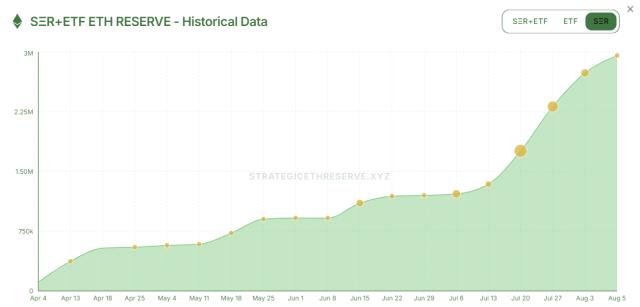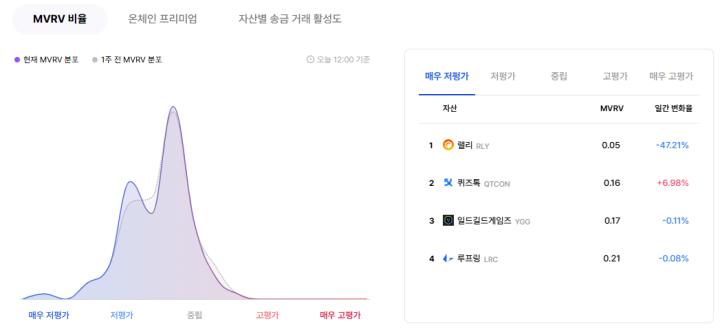Ethereum (ETH) is emerging as an asset that could threaten Bitcoin's (BTC) position as a Store of Value, according to a recent analysis. Global asset management firm VanEck argued in a recent report that Ethereum's inflation structure and governance model could work more favorably compared to Bitcoin.
According to the report, demand for Ethereum in corporate digital asset management strategies has notably increased. This is due to regulatory changes centered in the United States, the spread of stablecoins and tokenization. Particularly, many exchanges and brokers have begun issuing tokenized equities on the Ethereum-based blockchain, making practical use cases more evident.
In the past, Bitcoin was considered the representative of digital treasury due to its fixed issuance and stability, but today's situation has somewhat changed. VanEck explained that Ethereum's flexibility allows participants to implement more complex financial strategies, enabling more efficient ETH accumulation.
After introducing the Proof of Stake (PoS) method, Ethereum has enabled network participation and revenue generation through staking, a feature rarely seen in Bitcoin. Participants can actually acquire additional ETH through staking, enhancing its attractiveness as an operational asset with profitability beyond simple holding.
In terms of token supply mechanism, Ethereum is also experiencing a new turning point. VanEck analyzed that Ethereum's supply decreased from 120.6 million ETH in October 2022 to 120.1 million ETH in April 2024, showing approximately a -0.25% deflationary structure. In contrast, Bitcoin's supply increased by 1.1% during the same period, which means Ethereum becomes scarcer from holders' perspective.
While Bitcoin has the advantage of predictable total issuance due to block reward halving every four years, it is also criticized for relying on inflationary rewards. In fact, Bitcoin miners earned $14 billion from inflation-inducing rewards last year. VanEck expressed concerns that as block rewards decrease, Bitcoin's security might be threatened. In such a case, network maintenance costs would need to be covered by transaction fees or price increases, which also leaves long-term uncertainty.
Meanwhile, Ethereum's Proof of Stake-based governance is structured around token holders, with core decision-making being more direct and user-friendly. In contrast, Bitcoin's decision-making tends to be miner-centered, potentially causing conflicts with holders' interests.
In conclusion, VanEck assessed that considering these structural differences, Ethereum is increasingly likely to have an advantage over Bitcoin as a long-term store of value. This is drawing attention not simply for technological capabilities or market capitalization, but for its realizable economic incentive structure and network governance systematization.
Real-time news...Go to TokenPost Telegram
<Copyright ⓒ TokenPost, Unauthorized Reproduction and Redistribution Prohibited>







